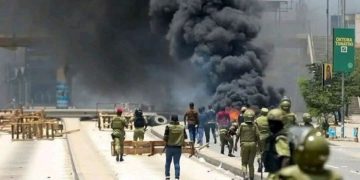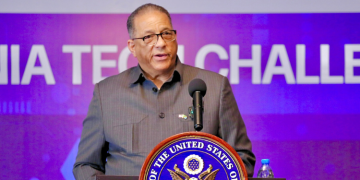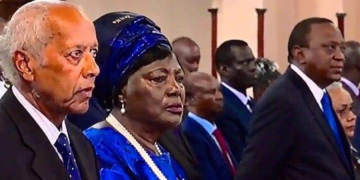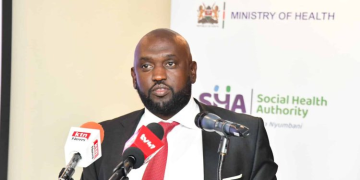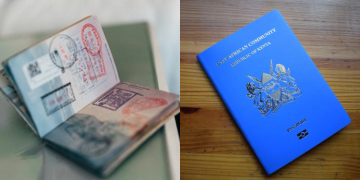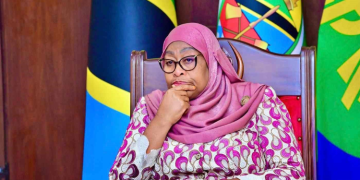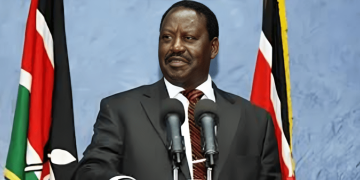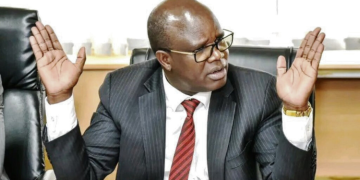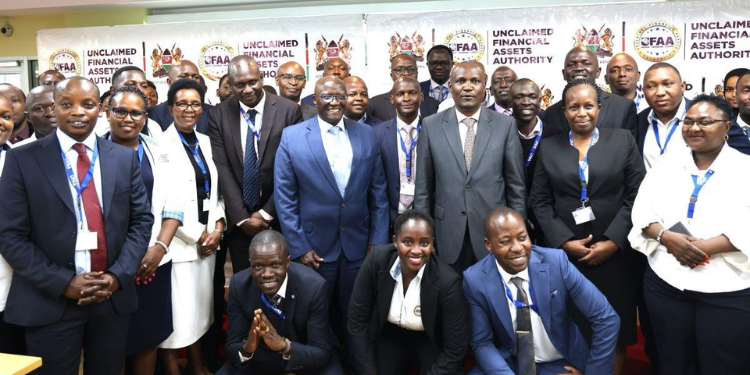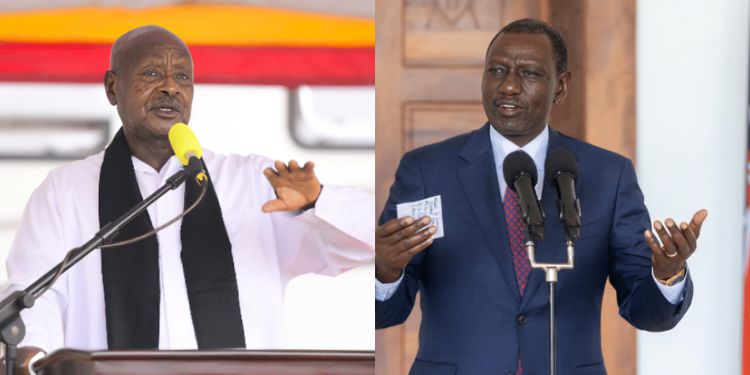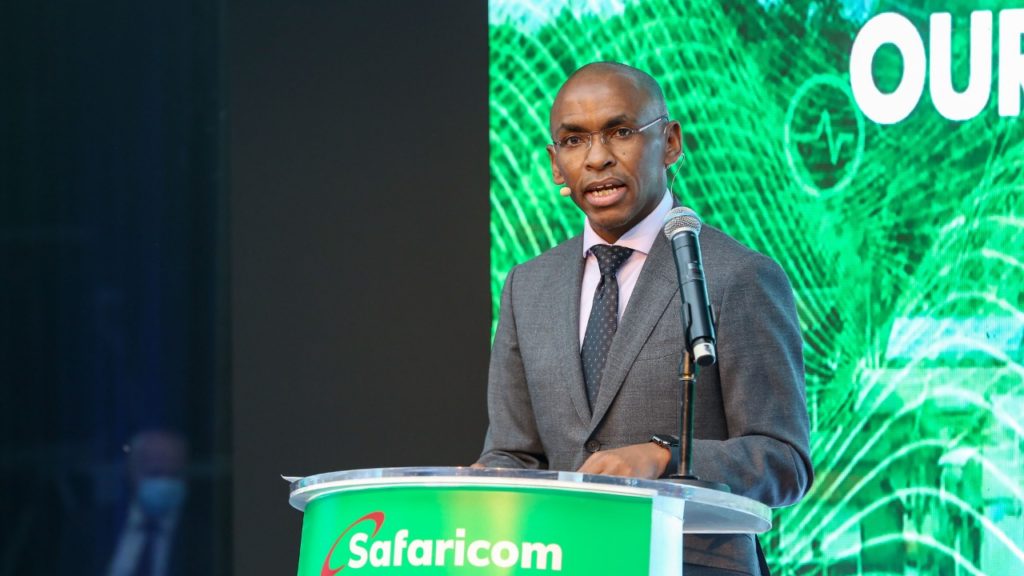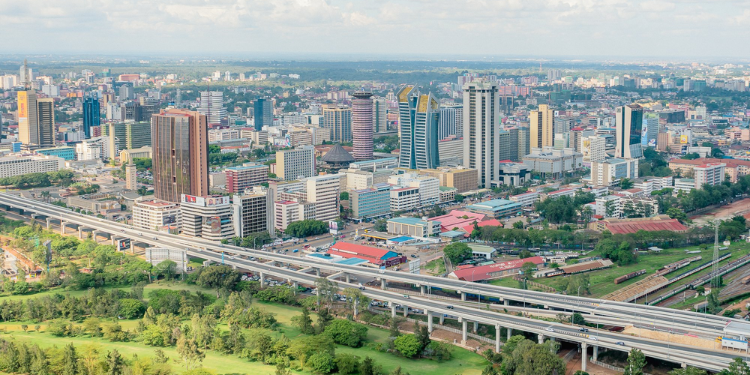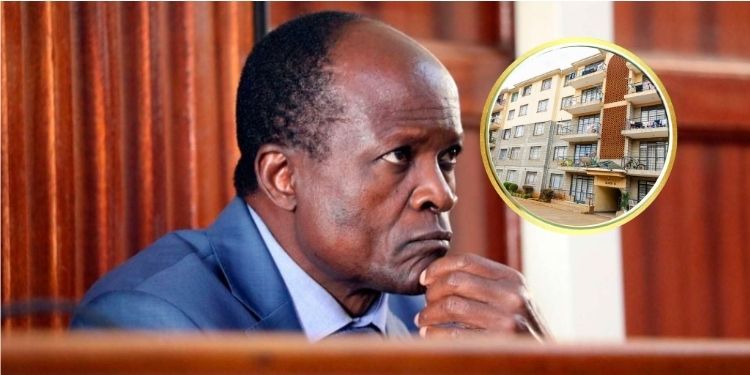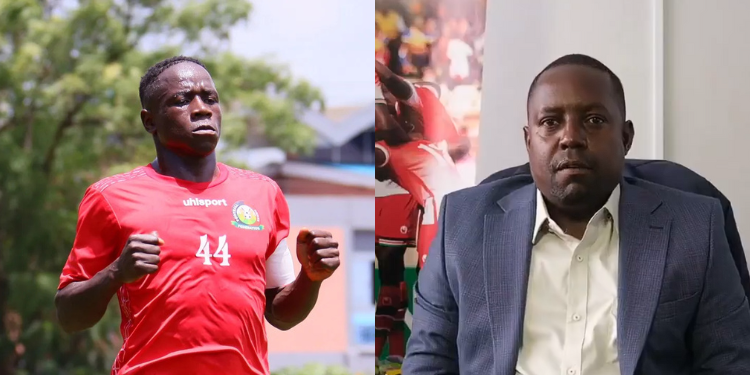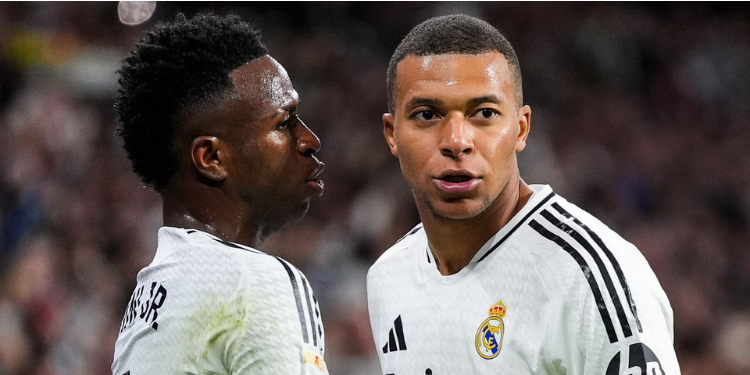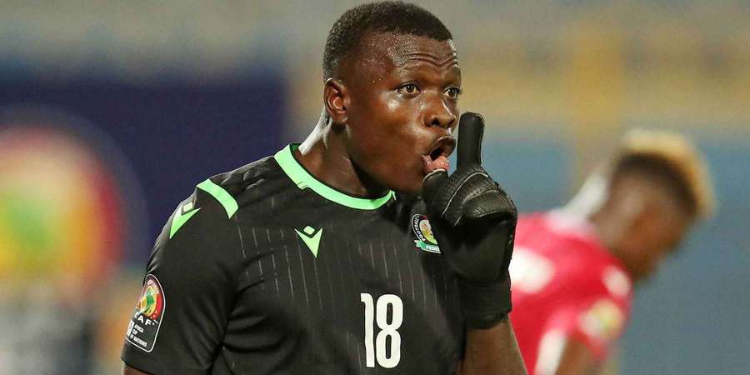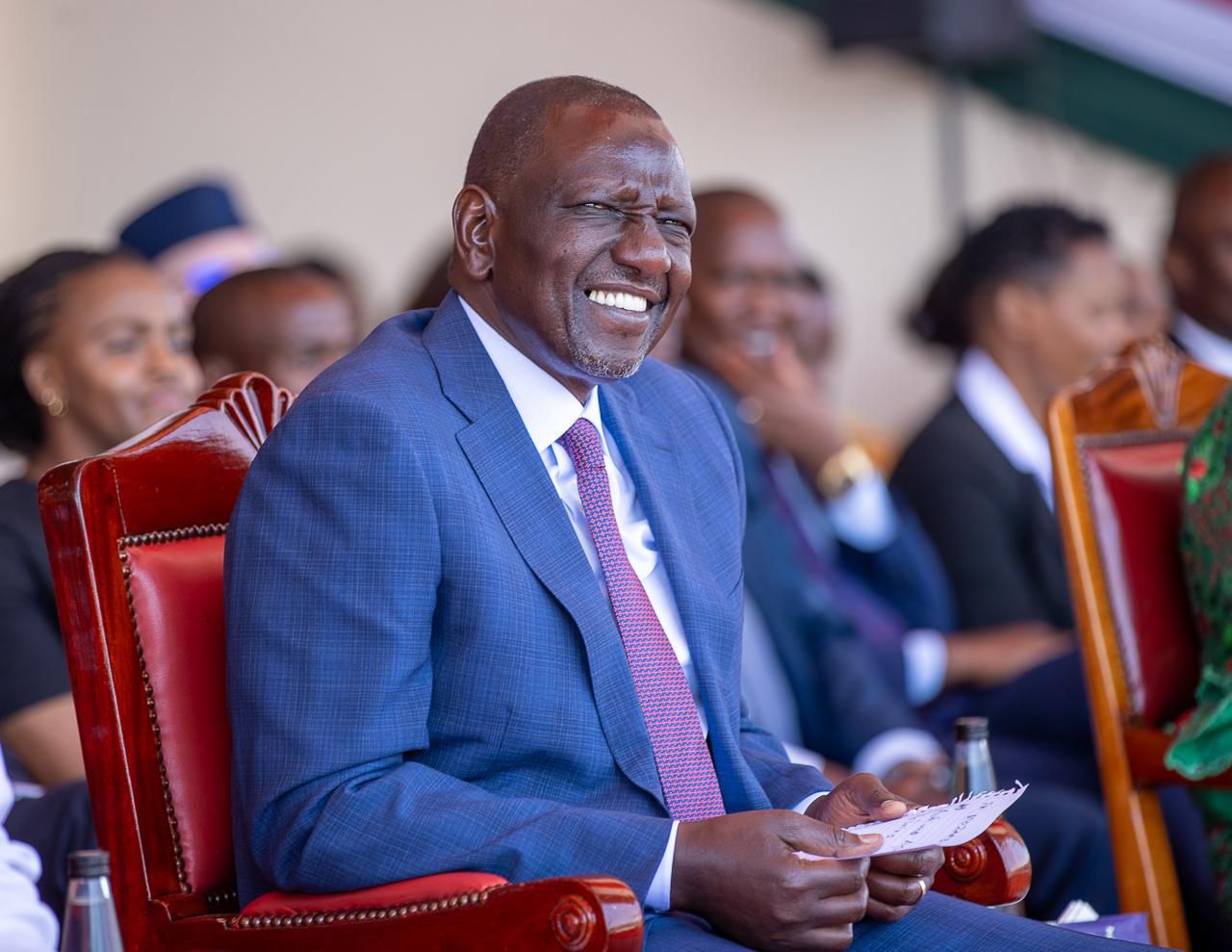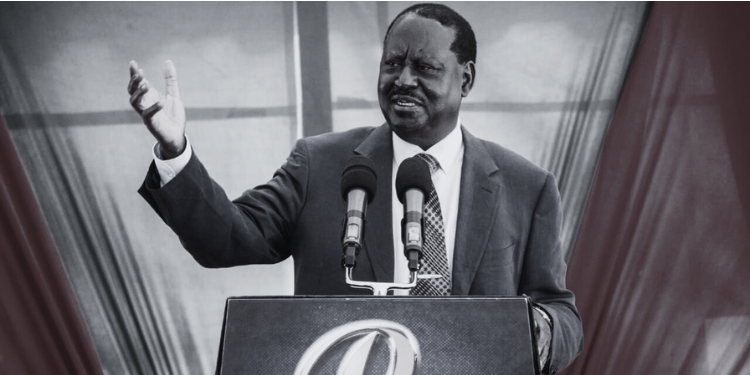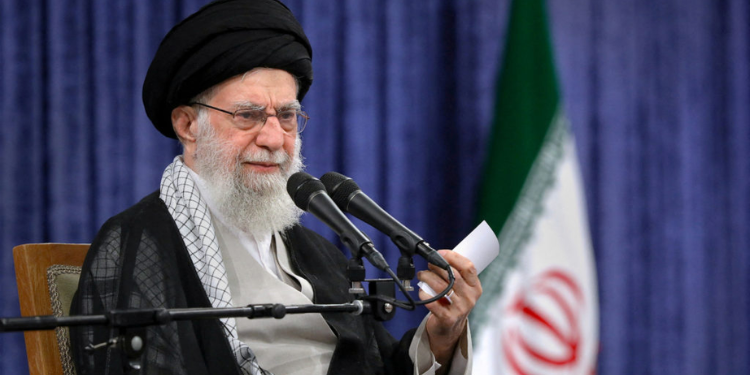Time is running out for Iran to head off the return of United Nations sanctions. With less than 10 days before a critical deadline, Iran’s Foreign Minister Abbas Araghchi will hold a tense call with his counterparts in France, Britain and Germany, along with the European Union’s chief diplomat.
The conversation, reported by Iran’s IRNA news agency, is meant to decide whether negotiations can be revived or whether Europe will press ahead with the “snapback” process.
The snapback clause, built into the 2015 nuclear accord, is a powerful lever: if triggered, it would restore a web of UN sanctions that had been lifted a decade ago. It requires no new Security Council vote and cannot be blocked by Russia or China.
Iran Faces EU Deadline as Nuclear Talks Hang in the Balance
Europe has already put Tehran on notice. In a letter earlier this month, the so-called E3 warned that if there is no breakthrough, they will take action. The letter stated that unless “there is a breakthrough by August 31,” they will have “no choice but to act.”
At the heart of the dispute is Iran’s uranium enrichment. Inspectors from the International Atomic Energy Agency have been denied access to key facilities since June, after Israeli strikes damaged parts of the program.
Also Read: U.S. Strikes Destroyed One of Three Iranian Nuclear Sites- New Assessment
IAEA chief Rafael Grossi has described that access as “indispensable.” Yet Tehran has pressed ahead, refining uranium to 60 percent purity, just short of weapons-grade.
Iran insists it has no plans to build a bomb. Officials in Tehran say their nuclear program is aimed at generating electricity and producing medical isotopes.
The Foreign Ministry argues that the real issue is not enrichment but what it calls “unlawful sanctions” and “criminal attacks against Iran’s peaceful nuclear facilities.”
Still, pressure is mounting inside the country. A coalition of 27 reformist groups, known as the Iran Reform Front, has urged the government to halt enrichment and strike a fresh deal with Washington.
Their statement cited rolling blackouts, water shortages and galloping inflation as reasons Iran could not afford further isolation.
Also Read: Kenya, Iran Set to Lift Tea Export Ban
US Tightens Sanctions on Iran as Europe Weighs Snapback Deadline
Washington, though not part of the European call, is keeping up the squeeze. On August 21, the U.S. Treasury blacklisted a network of companies and oil tankers accused of moving Iranian crude in defiance of existing restrictions.
The new measures hit firms based in Hong Kong, the United Arab Emirates, the Marshall Islands and China.
The clock is also ticking for Europe. Under UN Security Council Resolution 2231, the snapback option itself expires on October 18. That gives the E3 a narrow window: act before then or lose the mechanism entirely.
Araghchi has hinted that Tehran is not closing the door entirely. “In my opinion, we have not yet reached the point of maturity where effective negotiations with the U.S. can take place,” he said, while adding that talk with the IAEA will continue, though inspections may now be approved case by case by Iran’s top security council.
At the same time, he has warned Europe that forcing sanctions back could permanently end its credibility as a mediator.
What happens over the next week will be decisive. If Tehran offers concessions, sanctions may be delayed. If not, the snapback will reset Iran’s international isolation at a time when its domestic pressures are already acute.
Either way, the showdown underscores how little room remains for compromise.
Follow our WhatsApp Channel and X Account for real-time news updates.

